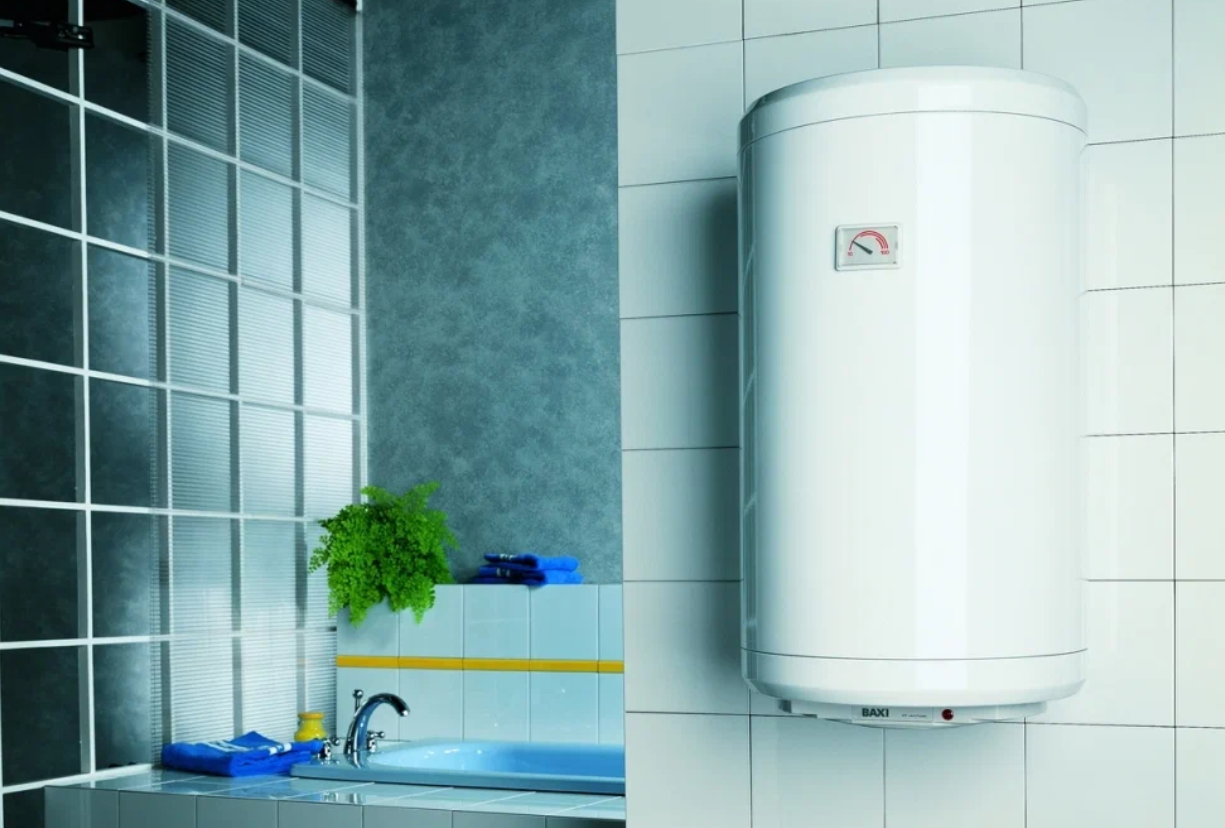When it comes to choosing a water heater for your home, understanding the various types available is key to selecting the right system for your needs. Whether you're upgrading an old system, building a new home, or simply replacing a broken unit, knowing the differences between the types of water heaters can help you make an informed decision. At High Efficiency LLC, we specialize in providing high-quality water heater solutions for homeowners in Cape Cod. Our goal is to ensure that you choose the most efficient, reliable, and cost-effective water heating system for your home.

1. Tank Water Heaters (Storage Water Heaters)
Tank water heaters, also known as storage water heaters, are the most common and traditional water heating systems. These units store a large amount of water—typically between 30 and 80 gallons—inside a tank and keep it heated at all times. When you turn on your hot water tap, the water stored in the tank is released and replaced with cold water to be heated again.
Pros:
- Cost-Effective: Tank water heaters are generally more affordable to purchase and install compared to other types of water heaters.
- Reliable: These systems have been around for decades, and their simple design makes them easy to repair and maintain.
- Consistent Hot Water: When sized correctly, tank water heaters can meet the hot water needs of an average household.
Cons:
- Energy Inefficiency: Tank water heaters keep water hot at all times, leading to heat loss and higher energy consumption.
- Limited Hot Water Supply: Once the stored hot water is used up, you may need to wait for the tank to refill and reheat.
2. Tankless Water Heaters (On-Demand Water Heaters)
Tankless water heaters, also known as on-demand water heaters, heat water only when it's needed. Instead of storing hot water in a tank, these units heat water directly as it passes through the unit. This means you get hot water instantly without waiting for a tank to heat up.
Pros:
- Endless Hot Water: Since the system heats water on demand, you won't run out of hot water, making it ideal for large families or high-demand households.
- Energy Efficiency: Tankless units don’t suffer from standby heat loss, meaning they are more energy-efficient than traditional tank heaters.
- Compact Size: Tankless water heaters are small and can be installed in tight spaces, saving room in your home.
Cons:
- Higher Initial Cost: The upfront cost of purchasing and installing a tankless water heater is typically higher than traditional tank units.
- Limited Flow Rate: If multiple fixtures are using hot water simultaneously (e.g., showering while running the dishwasher), the system may not be able to provide hot water to all points at once.
3. Heat Pump Water Heaters (Hybrid Water Heaters)
Heat pump water heaters are an energy-efficient alternative to traditional electric water heaters. These systems work by transferring heat from the air or ground into the water, rather than generating heat directly. This makes them highly efficient and cost-effective over time.
Pros:
- Energy Efficiency: Heat pump water heaters use up to three times less energy than traditional electric water heaters, leading to significant savings on energy bills.
- Environmental Benefits: By using renewable energy from the air or ground, they are more environmentally friendly than gas-powered systems.
- Low Operating Costs: Although they require more space and a higher upfront investment, heat pump water heaters provide long-term savings by reducing energy consumption.
Cons:
- Initial Cost: Heat pump water heaters are more expensive to purchase and install than traditional systems.
- Space Requirements: These units require extra space for airflow and may not be suitable for smaller homes or tight spaces.
- Slower Heating: Heat pump systems take longer to heat water compared to traditional models.
4. Solar Water Heaters
Solar water heaters use the sun’s energy to heat water. These systems typically consist of solar panels installed on the roof that capture sunlight and transfer the heat to a storage tank. They can be used alone or in conjunction with another heating system to ensure you have hot water year-round.
Pros:
- Eco-Friendly: Solar water heaters rely on renewable energy, making them one of the most environmentally friendly options.
- Lower Utility Bills: Once installed, solar water heaters can significantly reduce your energy bills by relying on free solar energy.
- Long-Term Investment: Solar water heaters may have a higher initial cost, but over time, they can save homeowners a significant amount of money.
Cons:
- Upfront Cost: Installation can be expensive due to the cost of the solar panels and associated equipment.
- Weather Dependent: Solar water heaters are less effective during cloudy days or winter months, requiring a backup system to ensure you have hot water year-round.
5. Indirect Water Heaters
Indirect water heaters are connected to your home’s central heating system, such as a furnace or boiler. These units use the heat generated by the central system to warm water, providing an energy-efficient solution for homes with an existing boiler or hydronic heating system.
Pros:
- Highly Efficient: Indirect water heaters take advantage of the heat produced by your home’s existing heating system, making them highly efficient.
- Long Lifespan: These systems often have a longer lifespan than other water heaters because they rely on the durability of your central heating system.
- Ideal for Hydronic Heating: Homes with existing hydronic heating systems may find indirect water heaters a perfect fit, as they don’t require a separate water heater.
Cons:
- Complex Installation: Installation can be complicated and more expensive if you don’t already have a boiler or furnace in place.
- Space Requirements: Indirect water heaters are typically larger than traditional models, requiring more space for installation.
Choosing the Right Water Heater for Your Home
When deciding on the best water heater for your home, consider factors such as energy efficiency, space limitations, your hot water usage, and your budget. At High Efficiency LLC, we specialize in helping Cape Cod homeowners select the best water heaters that meet their needs. Whether you're interested in a traditional tank system, a space-saving tankless unit, or a high-efficiency heat pump, our team can guide you through the decision-making process and provide professional installation and maintenance services.
Conclusion
Choosing the right water heater can significantly improve the comfort and efficiency of your home. Whether you opt for a tank water heater, a tankless model, or a more advanced heat pump or solar water heater, it’s important to select the system that best suits your needs. At High Efficiency LLC, we are committed to providing expert advice and top-quality service to ensure that your water heating system operates efficiently and reliably for years to come. Contact us today to learn more about the types of water heaters available and how we can help you find the perfect fit for your home.







